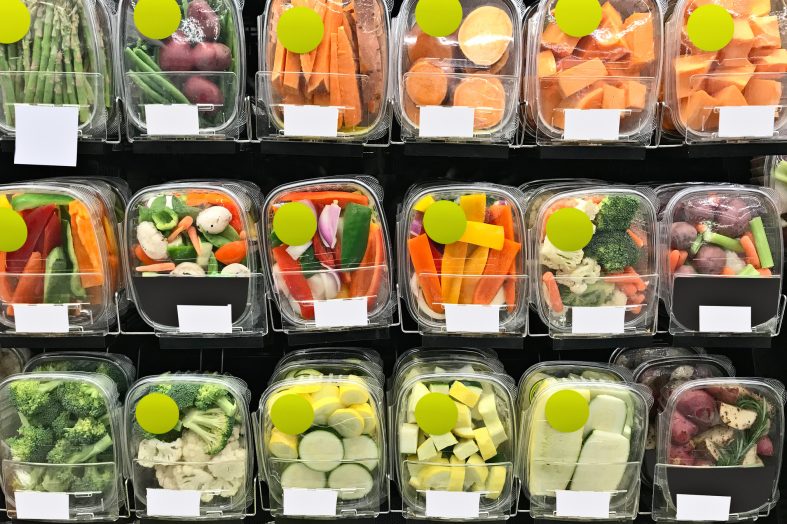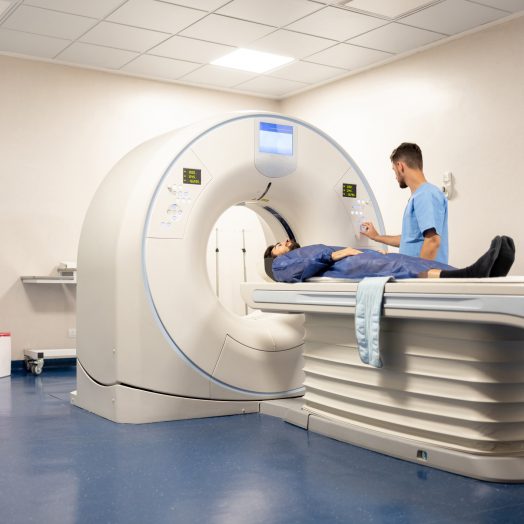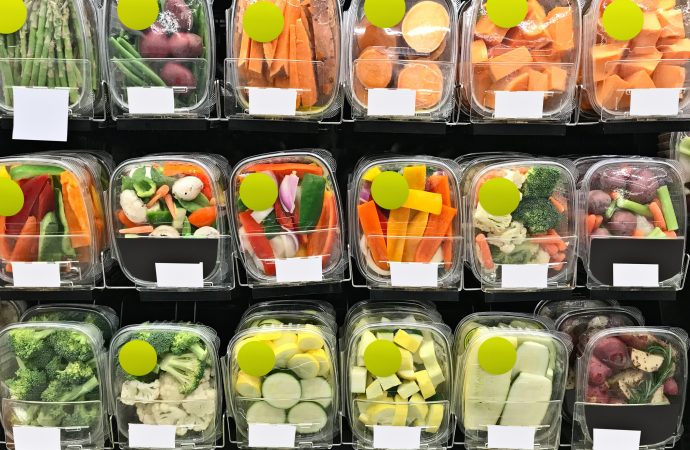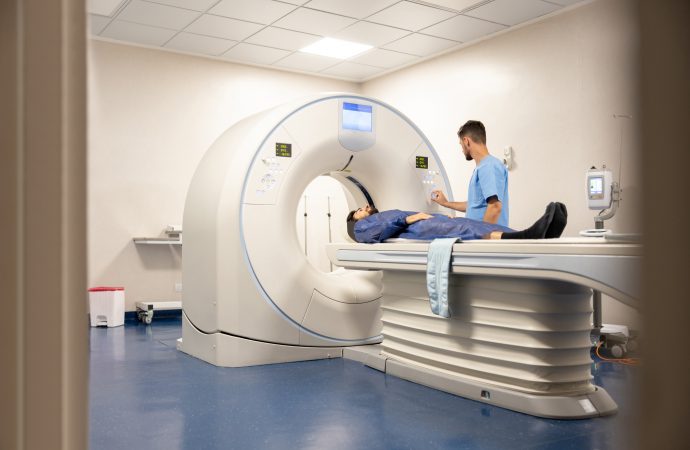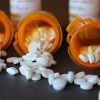What if the doctor is wrong?
- Health & Healing
- January 22, 2012
Some cancers, asthma, and other conditions can be tricky to diagnose, often leading to incorrrect treatments. As evidence is mounting that second opinions can lead to significant changes in a patient's diagnosis, it is extremely important to get a second opinion… and, if the two opinions differ, go for a third. The Wall Street Journal,
READ MOREChemical Forces Major Orange Juice Recall
- Health & Healing
- January 12, 2012
All overseas shipments are being carefully inspected after low levels of the harmful fungicide carbendazim were found in orange juice. The FDA says it will not pull orange juice off store shelves, but will prevent juice that contains traces of the chemical from entering the U.S. Good Morning America, 1/11/2012
READ MOREHospital Staff Not Likely to Report Hospital Errors
- Health & Healing
- January 9, 2012
A new report released Friday by the inspector general of the U.S. Department of Health and Human Services found that more than 80 percent of hospital errors go unreported by hospital employees. Family members and patients themselves may be able to help combat these kinds of hospital errors by becoming more involved and educated, and
READ MOREPhysical Activity Linked to Better Academic Performance
- Health & Healing
- January 5, 2012
Dutch researchers, led by led by Amika Singh of the Vrije Universiteit University Medical Center's EMGO Institute for Health and Care Research in Amsterdam, recently reviewed previous studies from around the world on the relationship between physical activity and academic performance and found that the data "suggests there is a significant positive relationship between physical
READ MORERed meat lovers have more kidney cancer
- Health & Healing
- December 31, 2011
In a large U.S. study, researchers found that middle-aged adults who ate the most red meat were 19 percent more likely to be diagnosed with kidney cancer than those who ate the least. However, "red meat is an important source for iron (and) it has protein," said Dr. Mohammed El-Faramawi, an epidemiologist from the University
READ MORELa. seniors show exercising is not an age thing
- Health & Healing
- December 31, 2011
New research is revealing some surprising numbers about just how effective exercise can be in warding off the aging process. CBS News correspondent Dr. Jon LaPook introduces us to one group of senior citizens, the ladies of the Louisiana Tigerettes, who are living proof of how effective exercise can be. The Tigerettes have won seven
READ MOREWhere Germs Lurk on Planes
- Health & Healing
- December 31, 2011
Here are some basic precautions passengers can take to avoid catching cold in a crowded airport or when stuck at 30,000 feet next to sneezers and coughers. The Wall Street Journal, 12/20/2011
READ MOREVitamins, Omega-3s May Keep Brain From Shrinking: Study
- Health & Healing
- December 31, 2011
The results of a new study show that older adults with high levels of omega-3 fatty acids and vitamins B, C, D and E in their blood performed better on certain measures of thinking abilities and also tended to have larger brain volume. HealthDay News, 12/28/2011
READ MOREIf Your Teeth Could Talk …
- Health & Healing
- December 29, 2011
One's teeth and gums hold a lot of details about the body's overall health, including clues to disorders and disease. The Wall Street Journal, 12/27/2011
READ MOREPoised to Donate Organs, 21-Year-Old Emerges From Coma
- Health & Healing
- December 28, 2011
Sam Schmid, a 21-year-old college student from Arizona, astounded doctors by recovering from traumatic brain injuries just hours before being readied to be an organ donor. ABC News, 12/22/2011
READ MOREResearchers link meditation and pain-reduction
- Health & Healing
- December 23, 2011
Although people have known for quite a while that meditation can help ease pain, scientists haven't been able to explain exactly how and why — until now. According to the journal Cerebral Cortex, new research has finally uncovered the brain mechanisms that affect our experience of pain. USA Today, 12/22/2011
READ MOREPoor lifestyles harming U.S. Heart Health
- Health & Healing
- December 19, 2011
Americans' heart health is in a woeful state, according to this year's report card from the American Heart Association. And it's largely because people just aren't taking care of themselves. USA Today/ HealthDay, 12/16/2011
READ MORETanning beds may raise common skin cancer risk 70 percent
- Health & Healing
- December 16, 2011
Tanning beds are linked not only to melanoma, the deadliest skin cancer, but now also to basal cell carcinoma, the most common form of the disease, according to new research from the Yale School of Public Health. Reuters on MSNBC.com, 12/13/2011
READ MOREScientists endorse proposal for driver cellphone ban
- Health & Healing
- December 14, 2011
The National Transportation Safety Board (NTSB) has recommended that all 50 states ban personal electronic devices for drivers (even bluetooth or hands-free devices). The NTSB has no legislative power, but their recommendation is likely to be influential with lawmakers. Medical scientists are strongly endorsing the recommendation, saying that cell phones are too distracting for the
READ MORE91-year-old yoga teacher asks, ‘Why should I quit?’
- Health & Healing
- December 6, 2011
Yoga has been a way of life for 91-year-old Bernice Bates since 1960. In a fitting tribute to her decades of helping others learn her passion, she recently won the distinction of the Guinness World Record holder of oldest yoga instructor. Perhaps we could all use to take a cue from Bernice Bates… Yoga is
READ MOREFeatured Stories
-
The texting dead
- Lifestyle & Relationships
- April 8, 2013
-
The business of happy families: Family Inc.
- Home & Family
- February 12, 2013
-

-
It All Started With a 12-Year-Old Cousin
- Making a Positive Difference
- February 3, 2014
-
Brought back from the dead
- Health & Healing
- May 5, 2014


